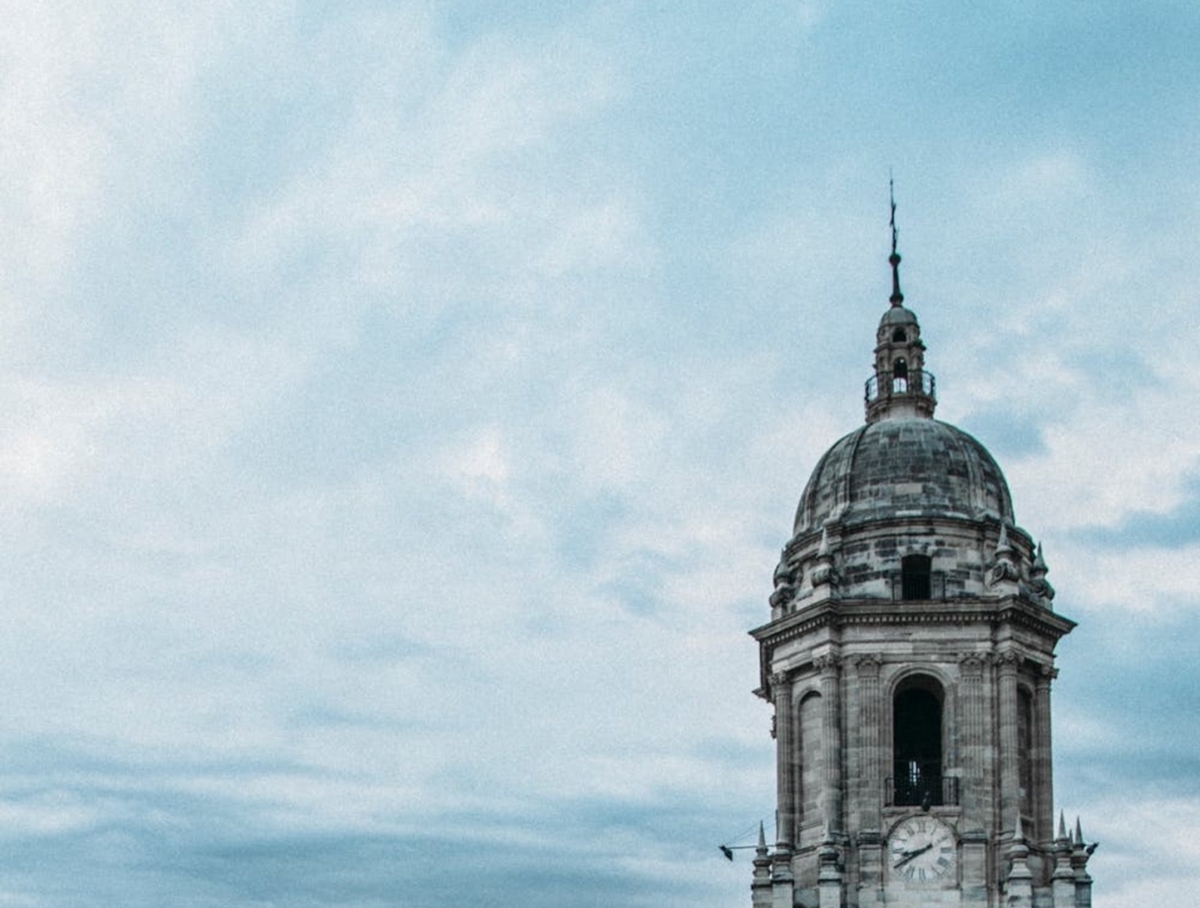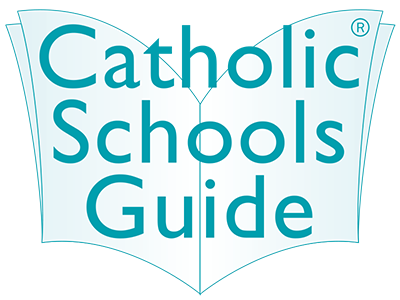News and Media

Catholic Education in the Global Village by Christian Zahra
The story of Catholic education in Australia dates back to the first decade of the 1800s, before Catholic priests were allowed in the fledgling colony. Lay women and men who had seen the power of forming young people in the Faith began carrying on that tradition in their own homes. About 15 years later, the first of what we would today recognise as a Catholic school opened in Parramatta, starting a 200-year journey that has taken Catholic education to every corner of this country.
Australian Catholic schools were often established thanks to the generosity of lay people and run under the leadership of orders of religious women and men.
St Mary of the Cross MacKillop stands as a pioneer of Catholic education in our history, and especially in the history of educating disadvantaged children, girls and those in rural and regional Australia. Despite the ebbs and flows of government funding across two centuries, Catholic schools have always had a commitment to forming young people academically, physically, emotionally and spiritually.
As Pope Francis said back in 2014: “Education cannot be neutral. It is either positive or negative; either it enriches or it impoverishes; either it enables a person to grow or it lessens, even corrupts him. The mission of schools is to develop a sense of truth, of what is good and beautiful.”
Catholic schools seek to imbue truth, goodness and beauty in each community in which they operate, including in the many new suburbs and towns where Catholic school systems are the first to take up the challenge of providing an education for children. It is not an overstatement to say that it’s hard to imagine schooling in Australia without Catholic education.
One in six Australian schools is a Catholic school. In some remote parts of Western Australia and the Northern Territory, a Catholic school is the only school in the community. The impact of any Catholic school is significant; the impact of a Catholic school when it’s the only school within a few hundred kilometres is immeasurable.
Each Catholic school across our nation is unique. Each has its set of individual strengths, as well as its particular challenges. But despite that school being a vibrant and dynamic and transformative unit, it’s also part of a growing network of 1,740 Catholic schools that are forming young people to see themselves as truly part of something bigger than themselves.
Think of your local Catholic schools. Think of the outreach that takes place in support of the local, national and international community. Those schools are forming young people into citizens who have a sense of justice and a sense of service – citizens that know that life isn’t all about “me”, but about being part of a global village to which we can all contribute.
Think of how local schools are forming young people in that way. Now multiply that effort by 1,740 and you’ll get a sense of the difference Catholic schools are making in this country – and in our world.

Christian Zahra is the former Executive Director of the National Catholic Education Commission.
Over the past 25 years, Christian has provided leadership to a number of organisations, both in management and governance, with a focus on improving the lives of people, particularly those experiencing disadvantage.
He served in the Federal Parliament for six years between 1998 and 2004.

